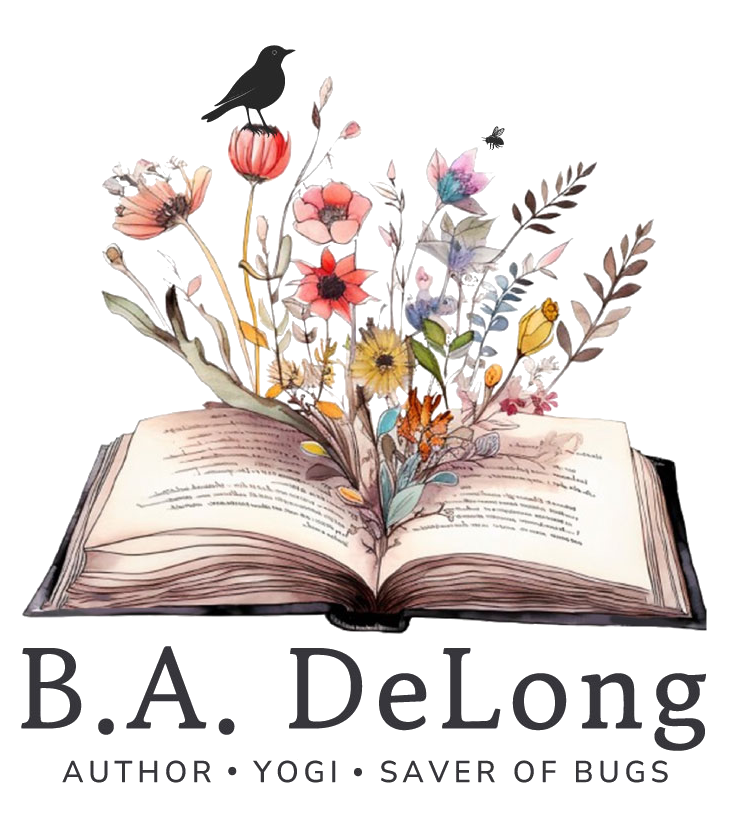Picture this: a sunny morning in a quiet, wooded area. Birds are chirping, the air smells of fresh leaves, and three little animals—a raccoon, a bunny, and a squirrel—are chatting about how to spend the day. Their carefree moment is interrupted when a distraught mother cow comes running toward them, her eyes wide with fear and loss.
What happens next is not a fairytale. It’s a reflection of a reality most of us never stop to question.
For generations, we’ve been told the same story: milk is wholesome. Milk is natural. Milk “does a body good.” But rarely do we pause to ask: at what cost?
The Hidden Story Behind Your Morning Milk
Many people grow up believing cows are these magical beings that endlessly produce milk because they’re “dairy cows.” But biology—and compassion—tell a different story.
Like all mammals, cows make milk only when they’ve given birth. In nature, this milk is for their babies. But on dairy farms, those babies are often taken away within hours or days of birth so humans can bottle, package, and sell the milk instead.
To keep the milk flowing, mother cows are repeatedly impregnated. Year after year, their bodies endure cycles of pregnancy, birth, and loss. When they’re no longer able to produce enough milk, they’re considered “spent” and sent away—often to slaughter.
This isn’t just an abstract fact. It’s a heartbreak repeated millions of times over, one that even a small child, like Paige in Not Your Mama, Not Your Milk, could recognize as deeply unfair.
What If We Did Things Differently?
Imagine if instead of viewing cows as commodities, we saw them as sentient beings—mothers who love their babies, feel fear, and deserve safety.
In the story, Paige and her family face this realization head-on. Their journey takes them from shock to action, culminating in the creation of an animal sanctuary. There, mama cows can stay with their calves, graze under open skies, and live lives free of constant exploitation.
While the tale is fictional, its vision is grounded in something very real: the growing movement of sanctuaries worldwide. These are places where rescued farm animals finally experience kindness, often for the first time.
Rethinking Our Choices: Why Plant-Based Is Powerful
Here’s a question worth asking: Why are humans the only species that drinks milk from another species—and keeps doing so into adulthood?
Cow’s milk is perfectly designed… for baby cows. It contains the specific nutrients a calf needs to grow into a 1,500-pound adult. It was never meant for humans, just as dog’s milk or elephant’s milk isn’t.
Fortunately, we live in a time when choosing differently is easier than ever. Oat milk, almond milk, soy milk, cashew milk, hemp milk—the options are endless. These alternatives aren’t just kinder to animals, they’re also healthier for us and gentler on the planet. They can be used for your morning cereal, creamy coffee, baking, or even decadent ice cream.
Small Steps, Big Impact
Some might say, “But I’m just one person. What difference can I make?”
The truth? A lot. Every glass of plant-based milk, every dairy-free dessert, every choice to say “no” to an industry built on separation—these are powerful acts. They send a signal that there’s a demand for more compassionate, sustainable options.
Even children, like the character Paige, can inspire change in the people around them. As her story shows, questioning what we’ve always been told can spark new conversations, new ideas, and even new ways of living.
A Future Full of Hope
The story of McKenzie the cow reminds us that animals are not here for us; they’re here with us. They are mothers, friends, sentient beings with their own lives to live.
Imagine a world where sanctuaries aren’t the exception but the norm. Where kindness and curiosity guide our food choices. Where we teach children not only what to eat, but also why their choices matter.
As the book’s tagline says: If it’s not your mama, it’s not your milk.
It’s a simple idea with the power to transform hearts, habits, and the lives of animals everywhere.
Ready to Try?
Start small. Swap dairy milk for oat milk in your morning coffee. Try a coconut milk ice cream. Bake cookies with almond milk. Taste your way through the options and see which one makes your heart—and taste buds—happiest.
Because if it’s not your mama, it’s not your milk. And maybe, just maybe, there’s a gentler, kinder way forward.



